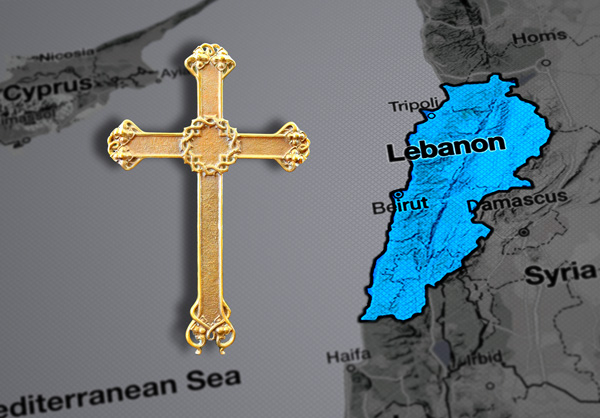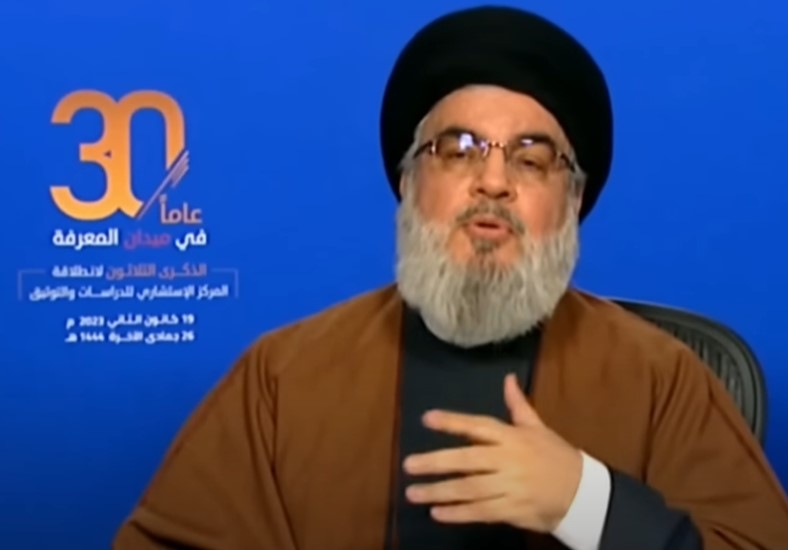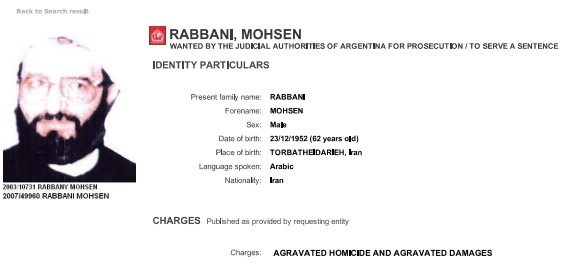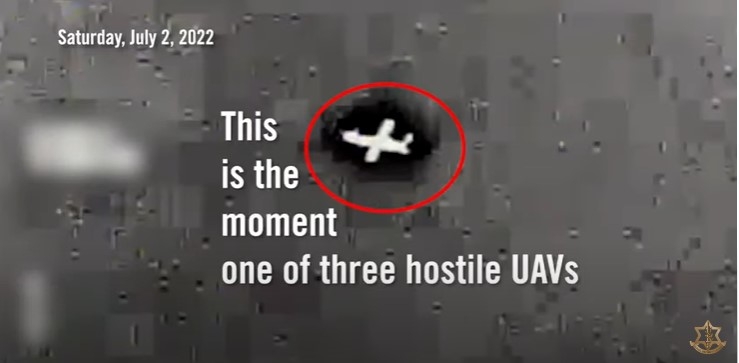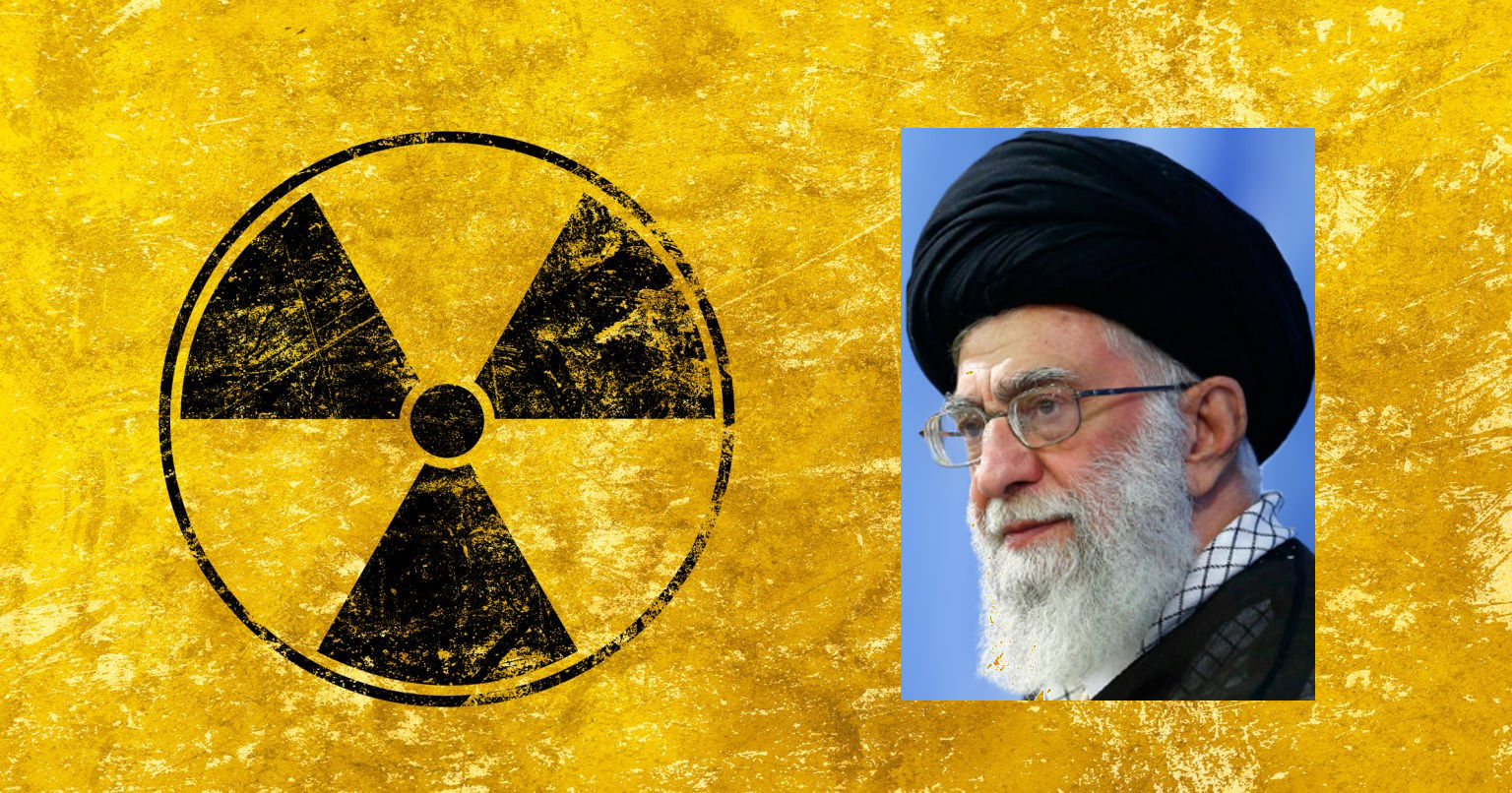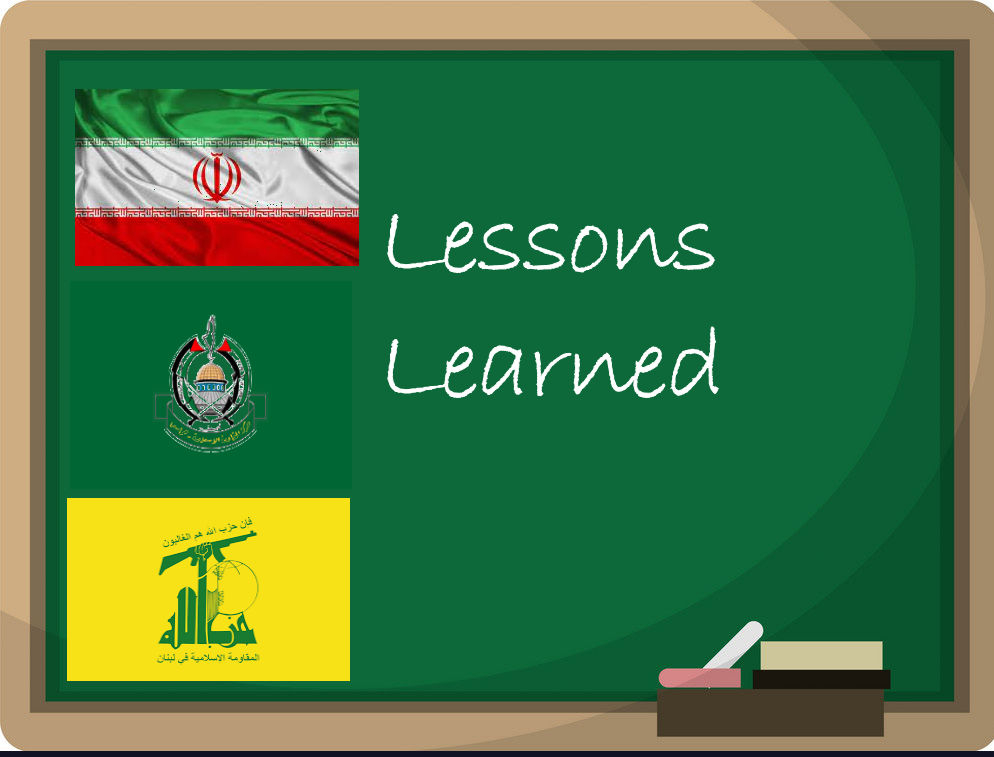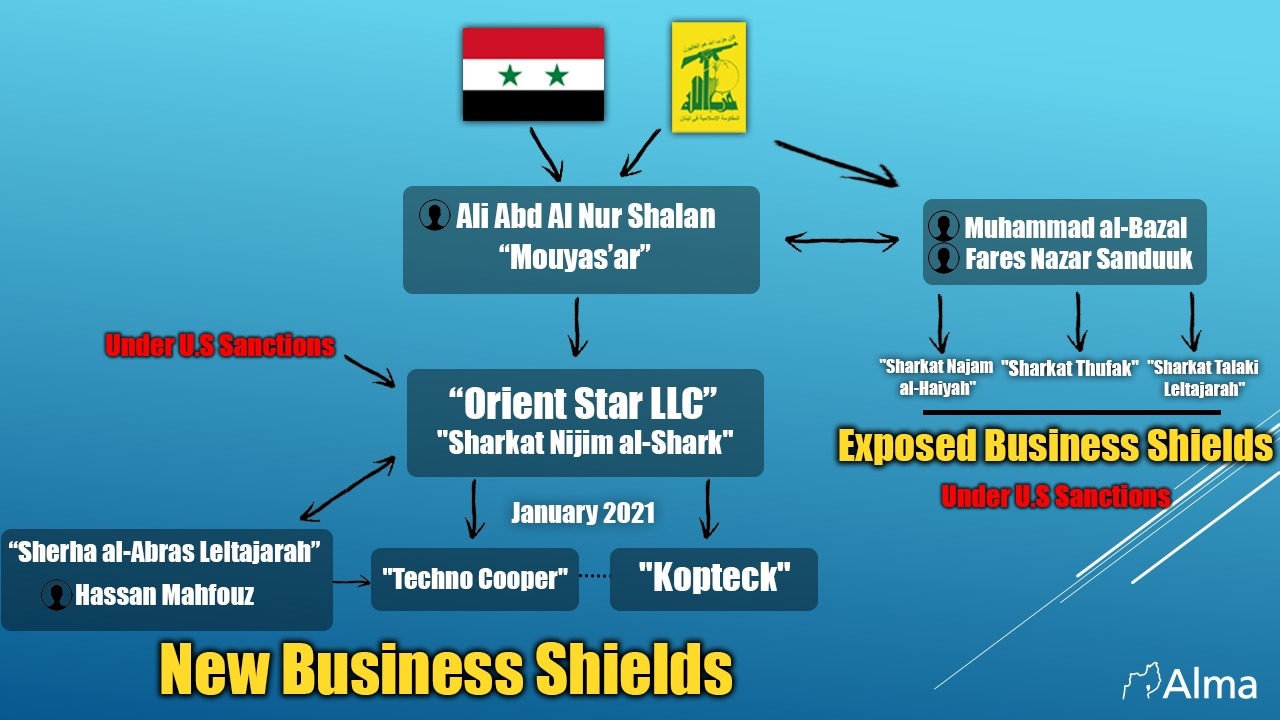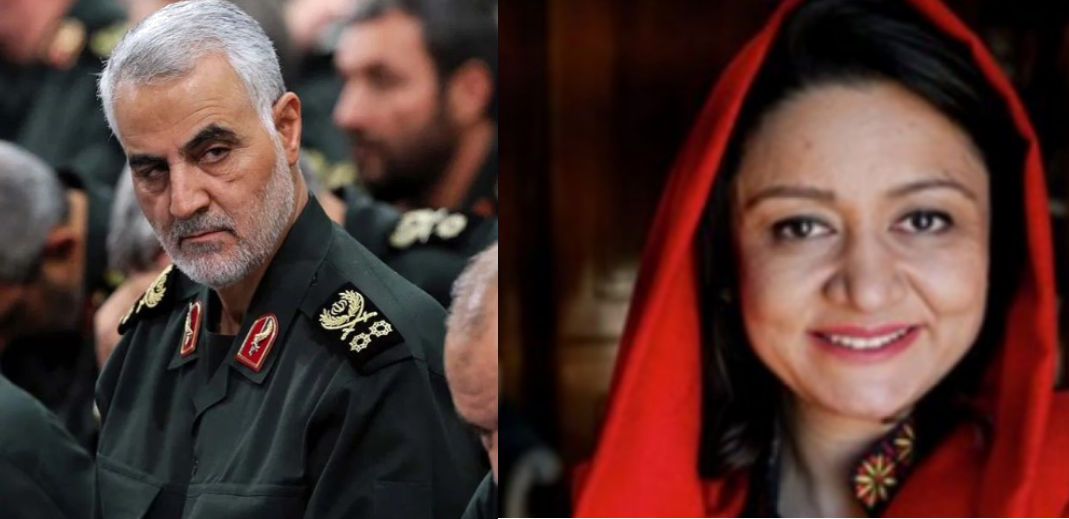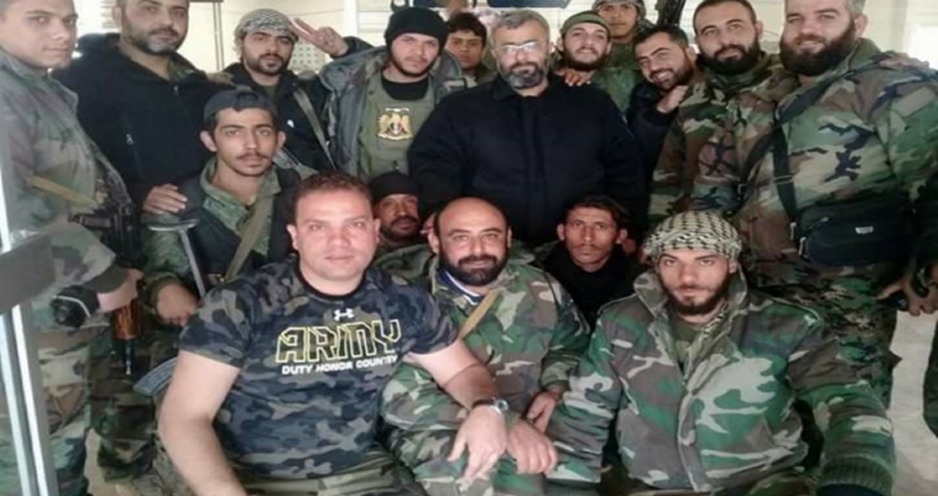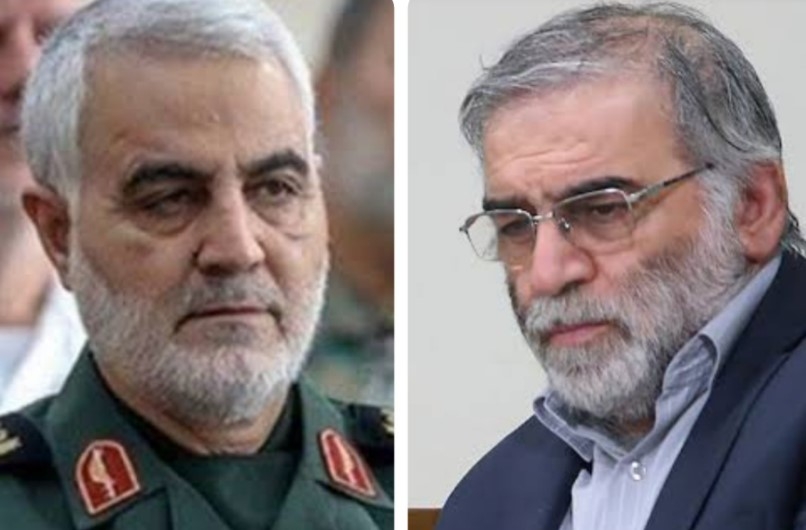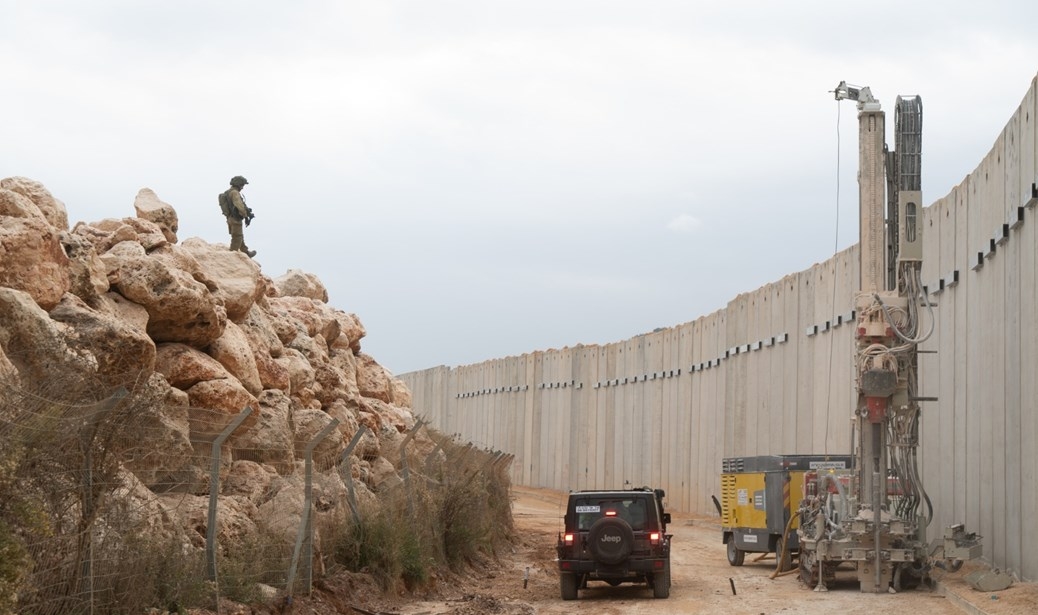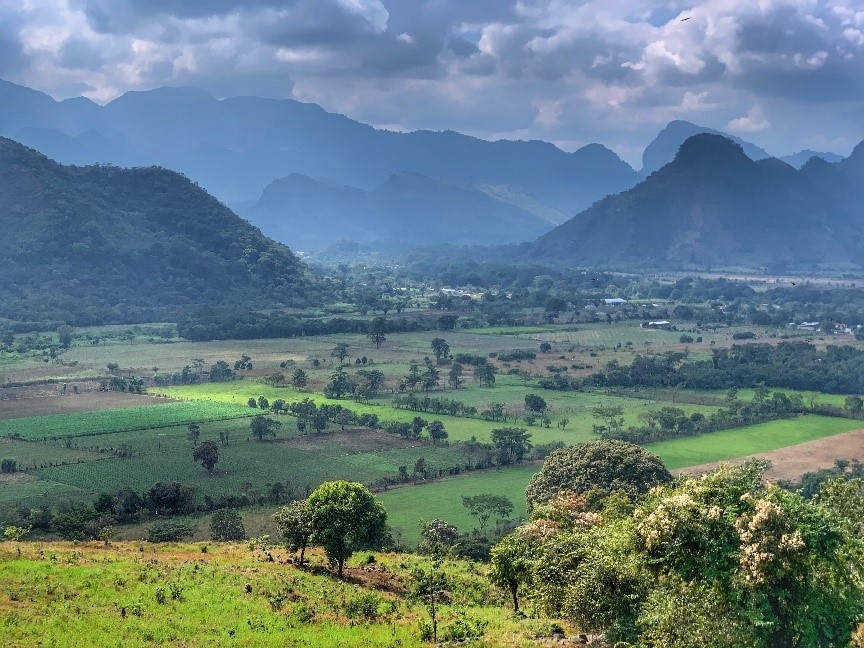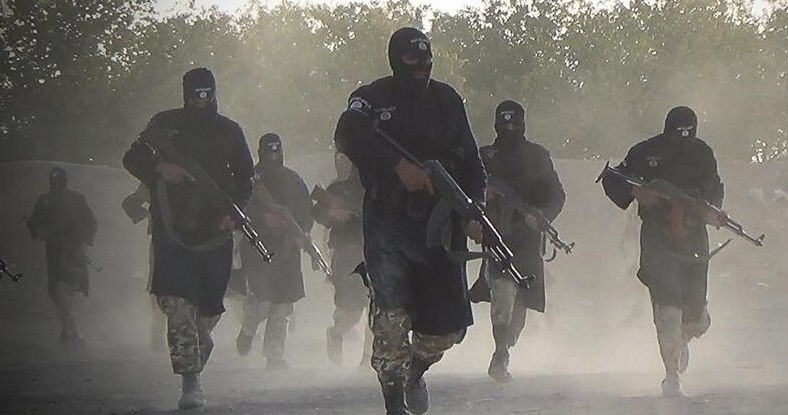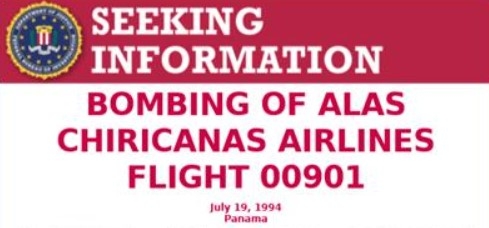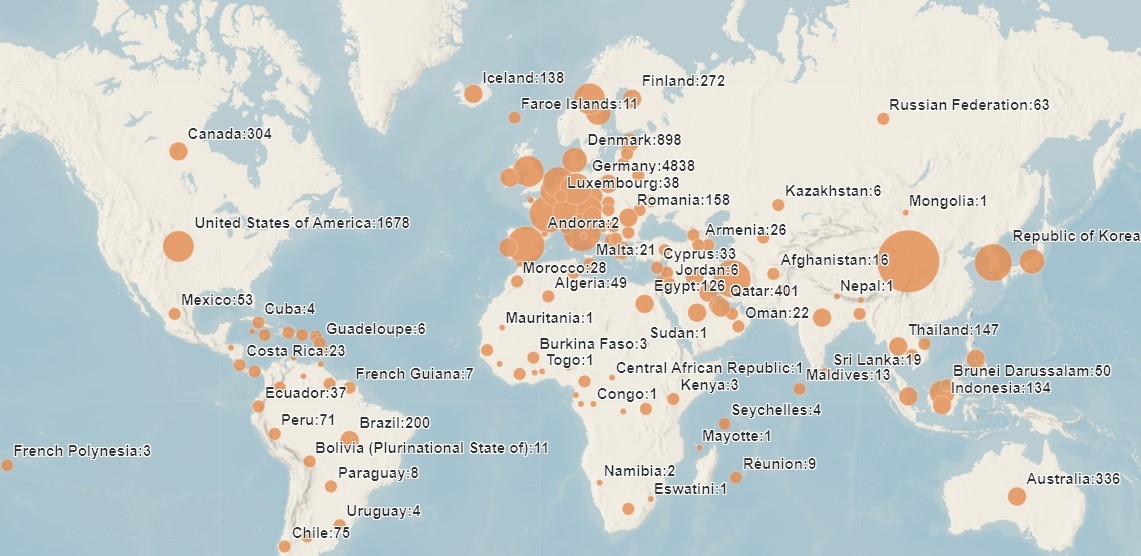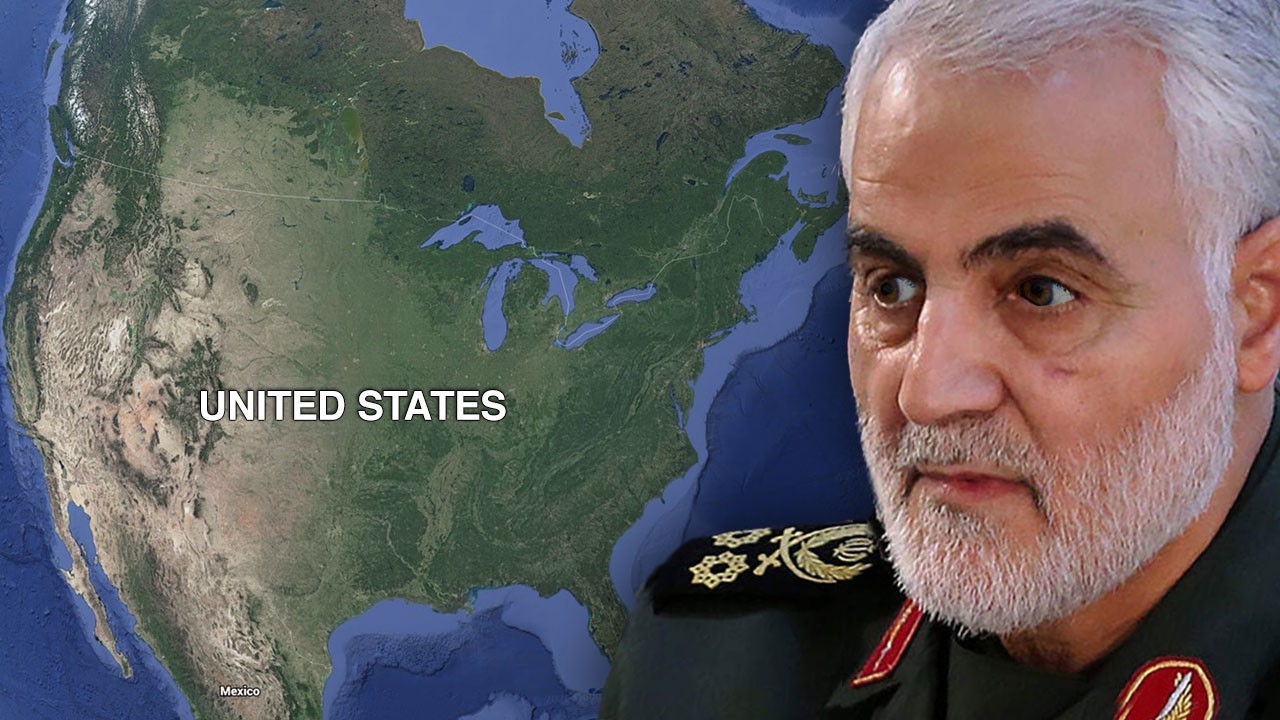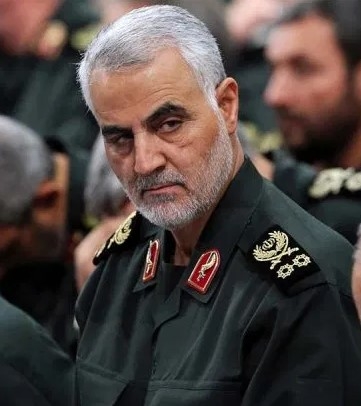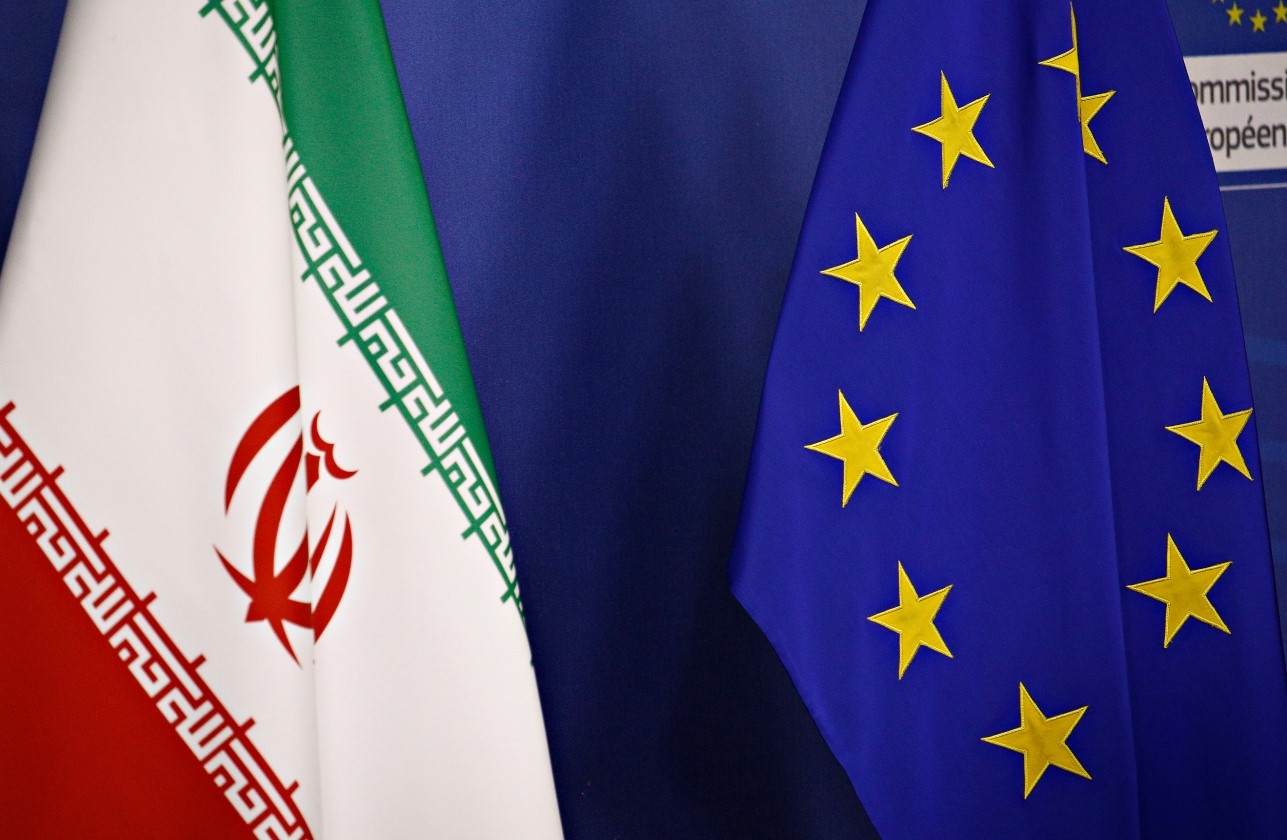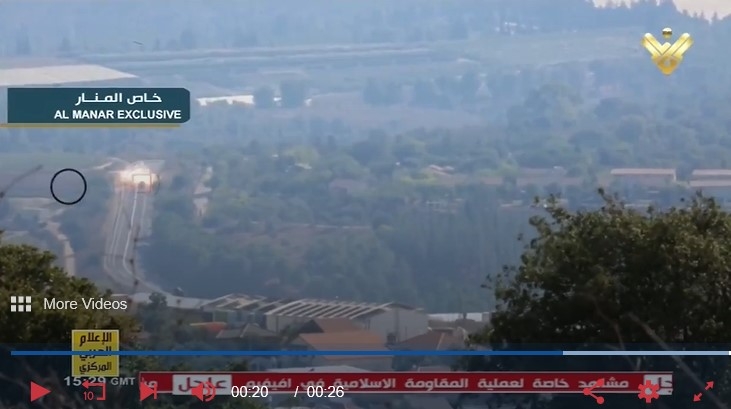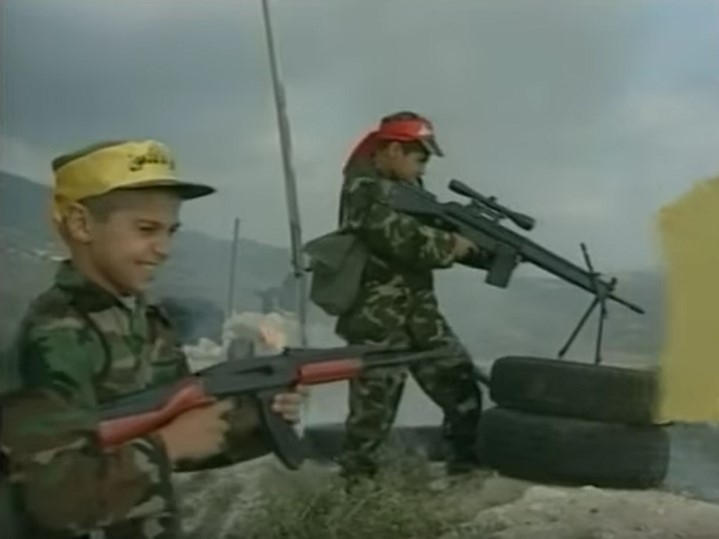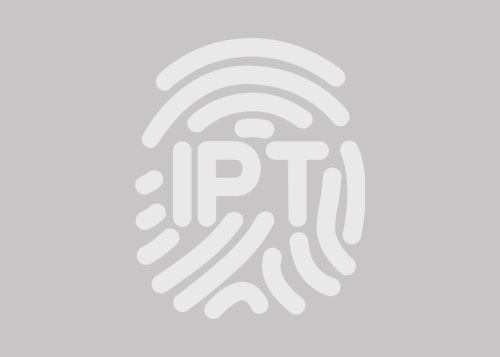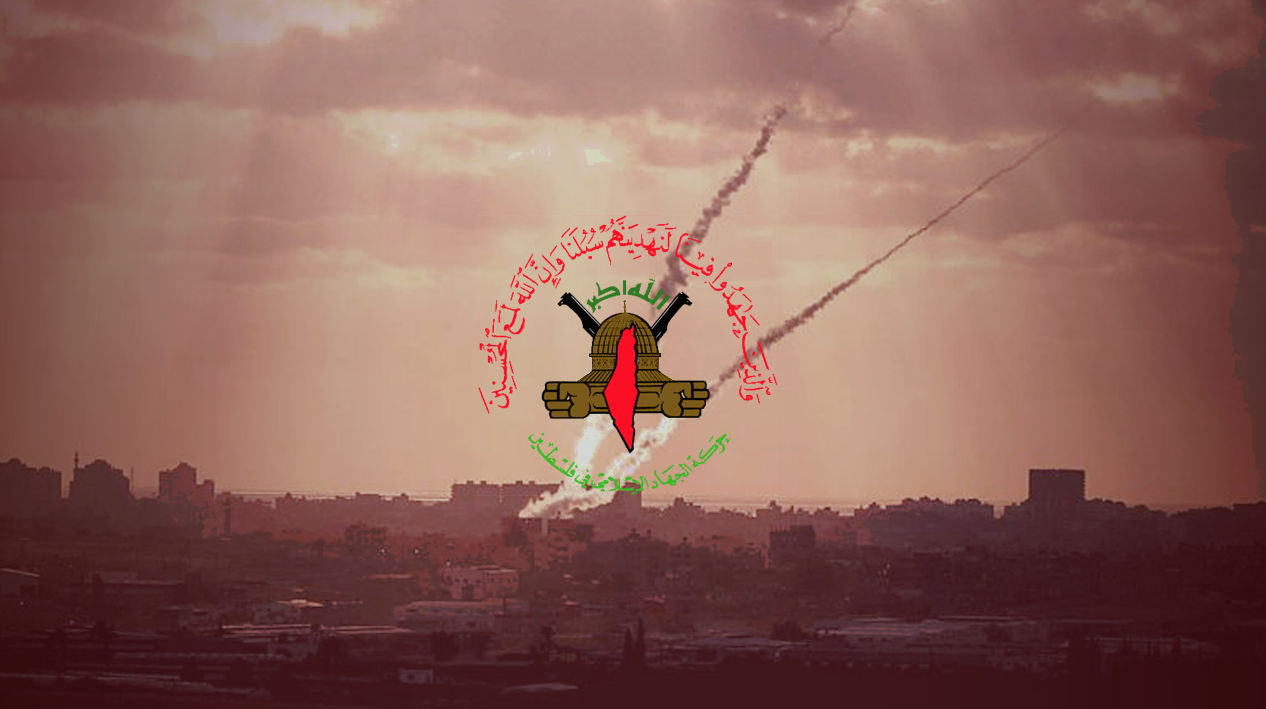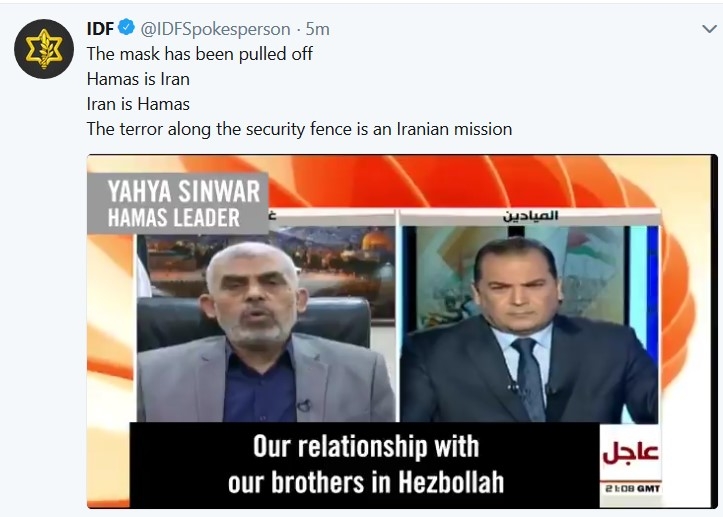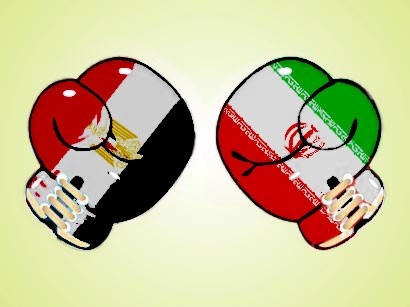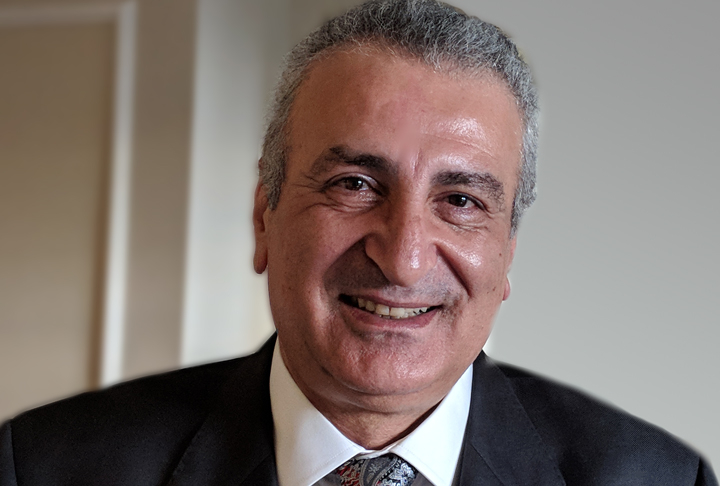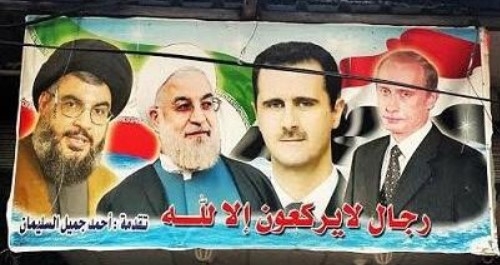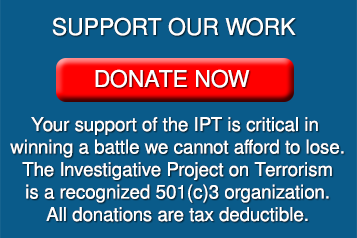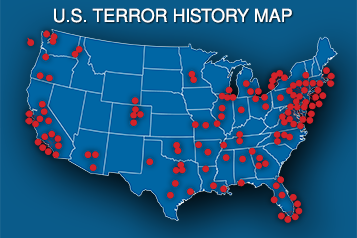From: "Chapter 8; Foreign Terrorist Organizations," Country Reports on Terrorism 2005, US Department of State, April 30, 2006.
(Common alternate spellings: Hezbollah, Hizbullah, Hizb`allah, Hizballah)
a.k.a. Party of God;
Islamic Jihad;
Islamic Jihad for the Liberation of Palestine
Description
Formed in 1982 in response to the Israeli invasion of Lebanon, this Lebanese-based radical Shia group takes its ideological inspiration from the Iranian revolution and the teachings of the late Ayatollah Khomeini. The group follows the religious guidance of Khomeini's successor, Iranian Supreme Leader Ali Khamenei. Hizballah is closely allied with Iran and often acts at its behest, but it also can and does act independently. Though Hizballah does not share the Syrian regime's secular orientation, the group has been a strong ally in helping Syria advance its political objectives in the region. The Majlis al-Shura, or Consultative Council, is the group's highest governing body and has been led by Secretary General Hasan Nasrallah since 1992.
Hizballah promotes Shia interests within the Lebanese political system and is an exemplar for Shia communities throughout the region. Hizballah supports a variety of violent anti-Western groups, including Palestinian terrorist organizations. This support includes the covert provision of weapons, explosives, training, funding, and guidance, as well as overt political support.
In 2005 Hizballah's status quo changed due both to the withdrawal of Syrian troops from Lebanese territory and Hizballah's broadened role in Lebanese politics following the Lebanese legislative elections that spring. Hizballah has actively participated in Lebanon's political system since 1992. The party now claims 14 elected officials in the 128-seat Lebanese National Assembly and is represented in the Cabinet for the first time, by the Minister of Water and Electricity. Hizballah maintains a military presence in southern Lebanon, a presence it justifies by claiming to act in defense of Lebanon against acts of Israeli aggression, such as regular Israeli overflights of Lebanese airspace. Hizballah alleges that Israel has not withdrawn completely from Lebanese territory because, in Hizballah's view, the Sheba'a Farms area belongs to Lebanon. Hizballah and Israel clashed twice in this disputed part of the Golan Heights in 2005.
Activities
Hizballah is known to have been involved in numerous anti-U.S. and anti-Israeli terrorist attacks, including the suicide truck bombings of the U.S. Embassy and U.S. Marine barracks in Beirut in 1983 and the U.S. Embassy annex in Beirut in 1984. Four members of Hizballah, ‘Imad Mughniyah, Hasan Izz-al-Din, Mohammed Hamadei, and Ali Atwa, are on the FBI's list of most wanted terrorists for the 1985 hijacking of TWA flight 847, during which a U.S. Navy diver was murdered. Elements of the group were responsible for the kidnapping, detention, and murder of Americans and other Westerners in Lebanon in the 1980s. Hizballah also has been implicated in the attacks on the Israeli Embassy in Argentina in 1992 and a Jewish cultural center in Buenos Aires in 1994. The U.S. Government has indicted a member of Lebanese Hizballah for his participation in the June 1996 truck bomb attack of the U.S. Air Force dormitory at Khobar Towers in Saudi Arabia. In 2000, Hizballah operatives captured three Israeli soldiers in the Sheba'a Farms area and kidnapped an Israeli non-combatant.
In 2004 Hizballah Secretary General Nasrallah said Hizballah would come up with new measures to counter Israeli Air Force violations of Lebanese airspace. Subsequently, Hizballah launched an unmanned aerial vehicle (UAV) that left Lebanese airspace and flew over the Israeli town of Nahariya before crashing into Lebanese territorial waters. Hizballah also continued launching small-scale attacks across the Israeli border, resulting in the deaths of several Israeli soldiers. In March 2004, Hizballah and HAMAS signed an agreement to increase joint efforts to conduct attacks against Israel. In late 2004, Hizballah's al-Manar television station, based in Beirut with an estimated 10 million viewers worldwide, was prohibited from broadcasting in France. Al-Manar was placed on the Terrorist Exclusion List (TEL) in the United States, which led to its removal from the program offerings of its main cable service provider and made it more difficult for al-Manar associates and affiliates to operate in the United States.
After the February assassination of former Lebanese Prime Minister Rafiq Hariri, Hizballah organized public demonstrations in support of Damascus. To date, however, UNIIIC reports suggesting Syrian Government involvement have not implicated Hizballah in the killing.
Strength
Thousands of supporters, several thousand members, and a few hundred terrorist operatives.
Location/Area of Operation
Operates in the southern suburbs of Beirut, the Beka'a Valley, and southern Lebanon. Has established cells in Europe, Africa, South America, North America, and Asia.
External Aid
Receives training, weapons, and explosives, as well as political, diplomatic, and organizational aid, from Iran, and diplomatic, political, and logistical support from Syria. Hizballah also receives funding from charitable donations and business interests.

